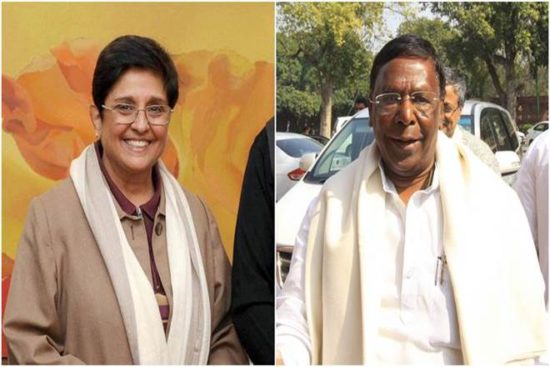Lt-Governor (L-G) Vs Puducherry Government – What is the tussle?

If you like this post, please share your feedback in the comments section below so that we will upload more posts like this.

If you like this post, please share your feedback in the comments section below so that we will upload more posts like this.
Please confirm you want to block this member.
You will no longer be able to:
Please allow a few minutes for this process to complete.